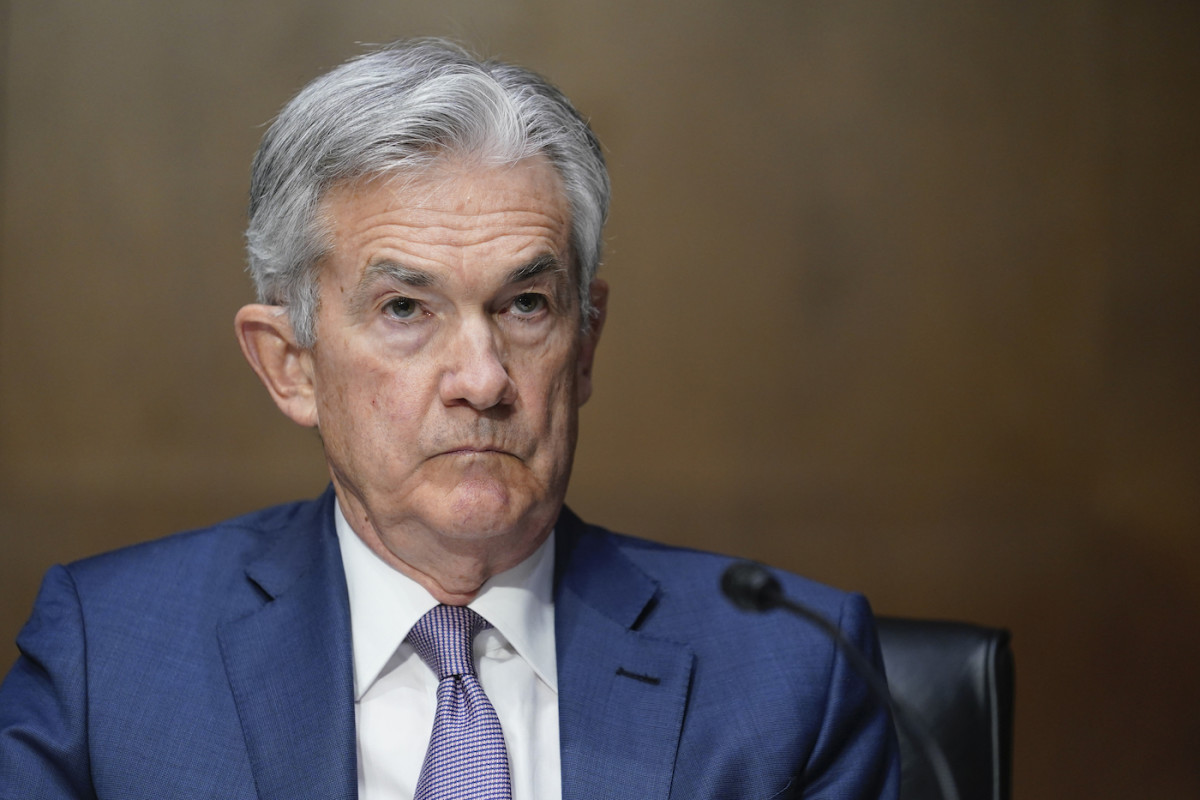On Thursday afternoon during the Oversight of the Treasury Department's and Federal Reserve's Pandemic Response hearing Federal Reserve Chairman Jerome Powell confirmed that the U.S. has no plans to ban Bitcoin and cryptocurrencies.
During the hearing, House Representative Ted Budd (R-N.C) questioned Chairman Powell about the state of inflation in the United States. Powell deflected the inflation questions, claiming the inflation in this country is due to the oft-repeated supply chain crises caused by the Government's pandemic response.
Effectively the chairman said that the Fed’s hands are tied when it comes to inflation and that relief will come. Powell suggested inflation should go down in “the first half of next year.”
Ted Budd then cited Powell's previous comments on central bank digital currencies and their impact on stable coins, Bitcoin, and other cryptocurrencies. Budd quoted Jerome Powell from a July hearing: “You wouldn’t need stable coins, you wouldn’t need cryptocurrencies if you had a digital U.S. currency.”
Budd continued, “So Mr. Chairman is it your intention to ban or limit the use of cryptocurrencies like we’re seeing in China?”
Jerome Powell replied “No,” and went on to explain how he had misspoken at the time.
Budd restated his question, “But you have no intention to ban them?”
“No intention to ban them,” Powell responded, he went on to explain that stable coins ought to be brought into the regulatory framework.
For many Bitcoiners such exchanges in congress are frustrating to listen to as the Fed’s understanding of the differences between Bitcoin and cryptocurrencies leaves much to be desired.
However, the incessant grouping of Bitcoin with other crypto currencies by the Fed and members of congress means that we can safely assume Chairman Powell was speaking to Bitcoin as well.
From a regulatory standpoint, there is still much work to be done by Bitcoiners and politicians to accurately represent and define where their interests align, and thereafter make an informed decision whether and to what extent to regulate Bitcoin.
In any case, the United States’ regulation of Bitcoin is still an embrace of the technology, which from a geopolitical perspective, couldn’t be more different from China’s approach. China’s loss is America’s gain.











